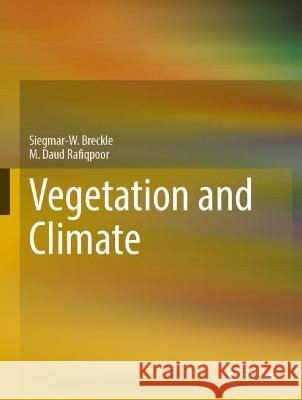Vegetation and Climate » książka
topmenu
Vegetation and Climate
ISBN-13: 9783662640357 / Angielski / Twarda / 2022 / 462 str.
Vegetation and Climate
ISBN-13: 9783662640357 / Angielski / Twarda / 2022 / 462 str.
cena 363,12
(netto: 345,83 VAT: 5%)
Najniższa cena z 30 dni: 308,41
(netto: 345,83 VAT: 5%)
Najniższa cena z 30 dni: 308,41
Termin realizacji zamówienia:
ok. 16-18 dni roboczych.
ok. 16-18 dni roboczych.
Darmowa dostawa!
Kategorie BISAC:
Wydawca:
Springer
Język:
Angielski
ISBN-13:
9783662640357
Rok wydania:
2022
Wydanie:
2022
Ilość stron:
462
Oprawa:
Twarda
Wolumenów:
01
Dodatkowe informacje:
Wydanie ilustrowane











